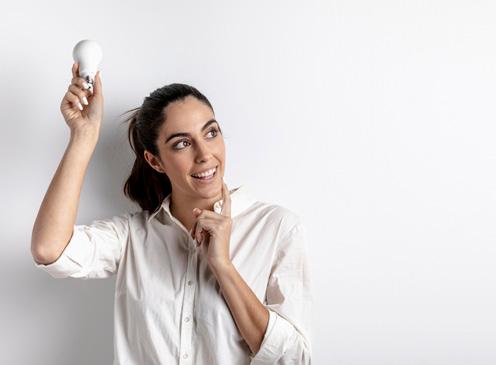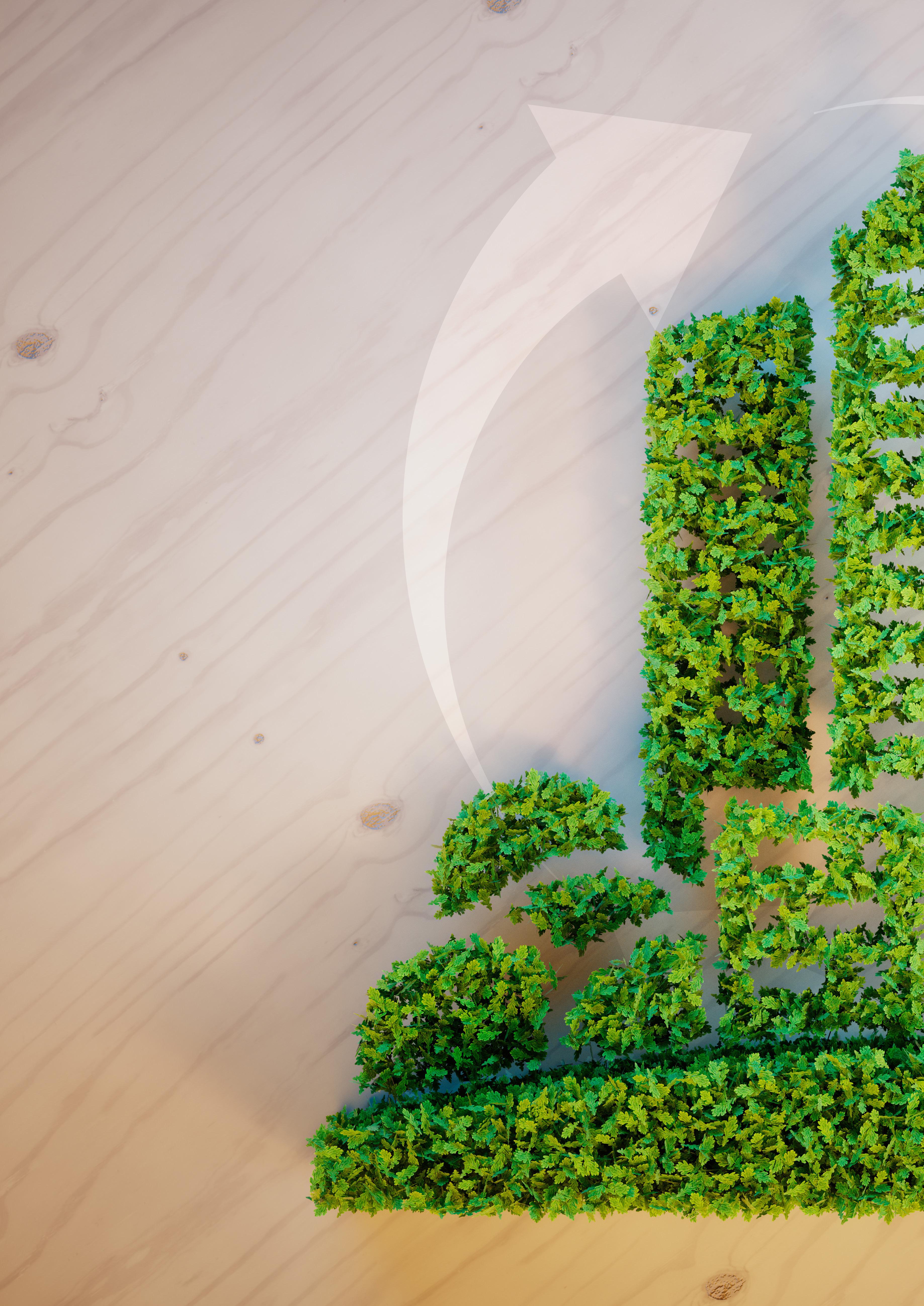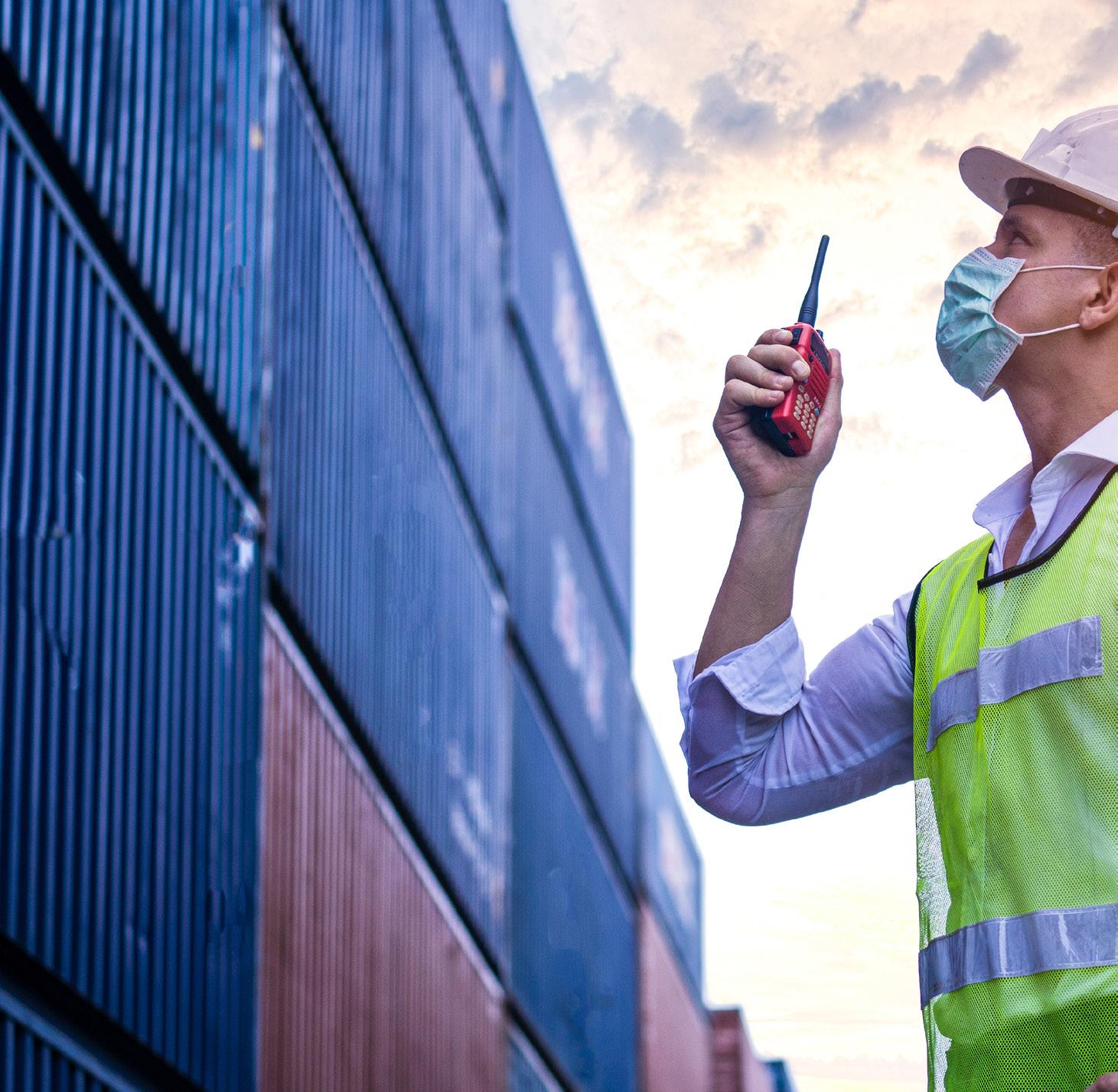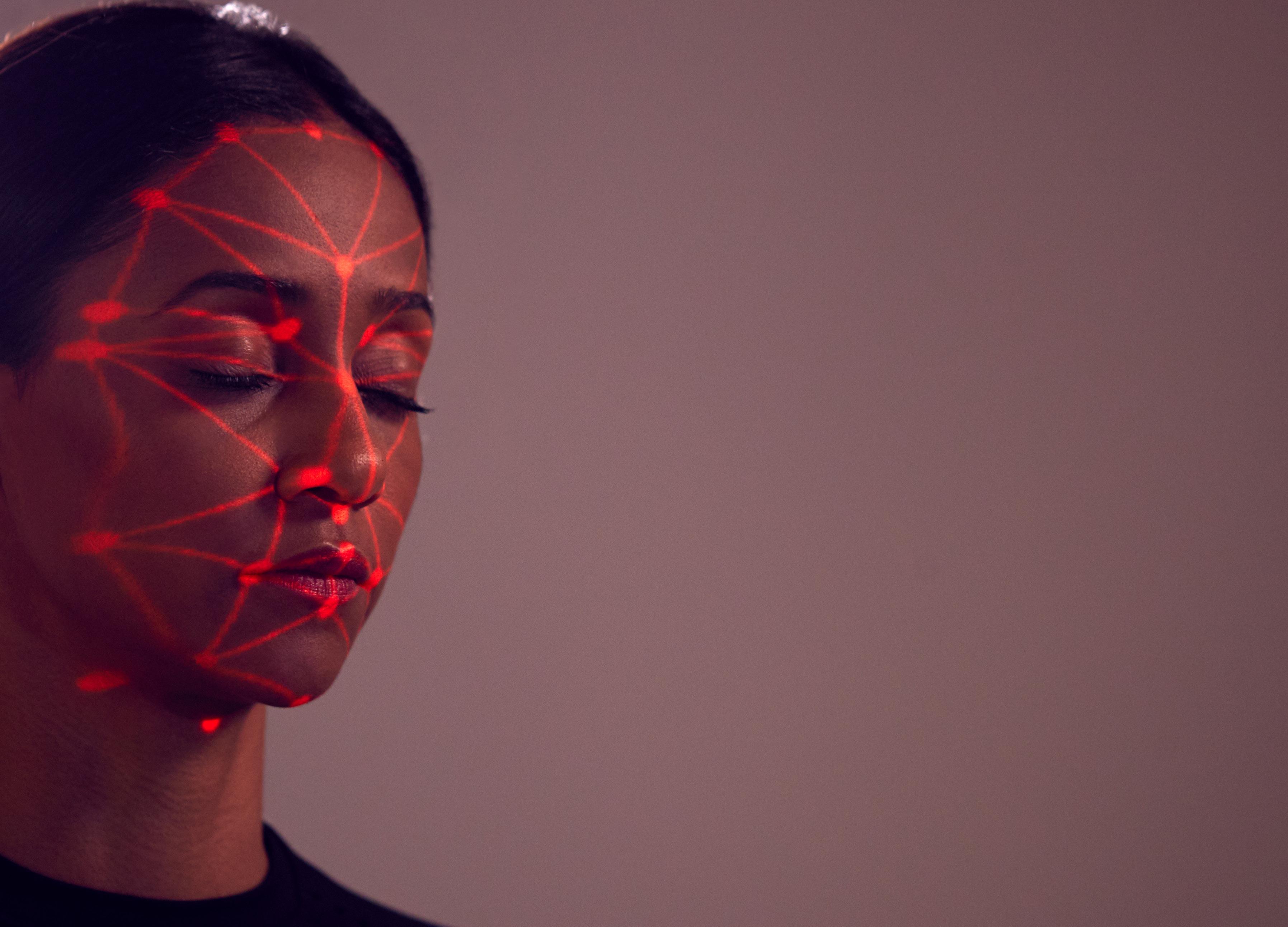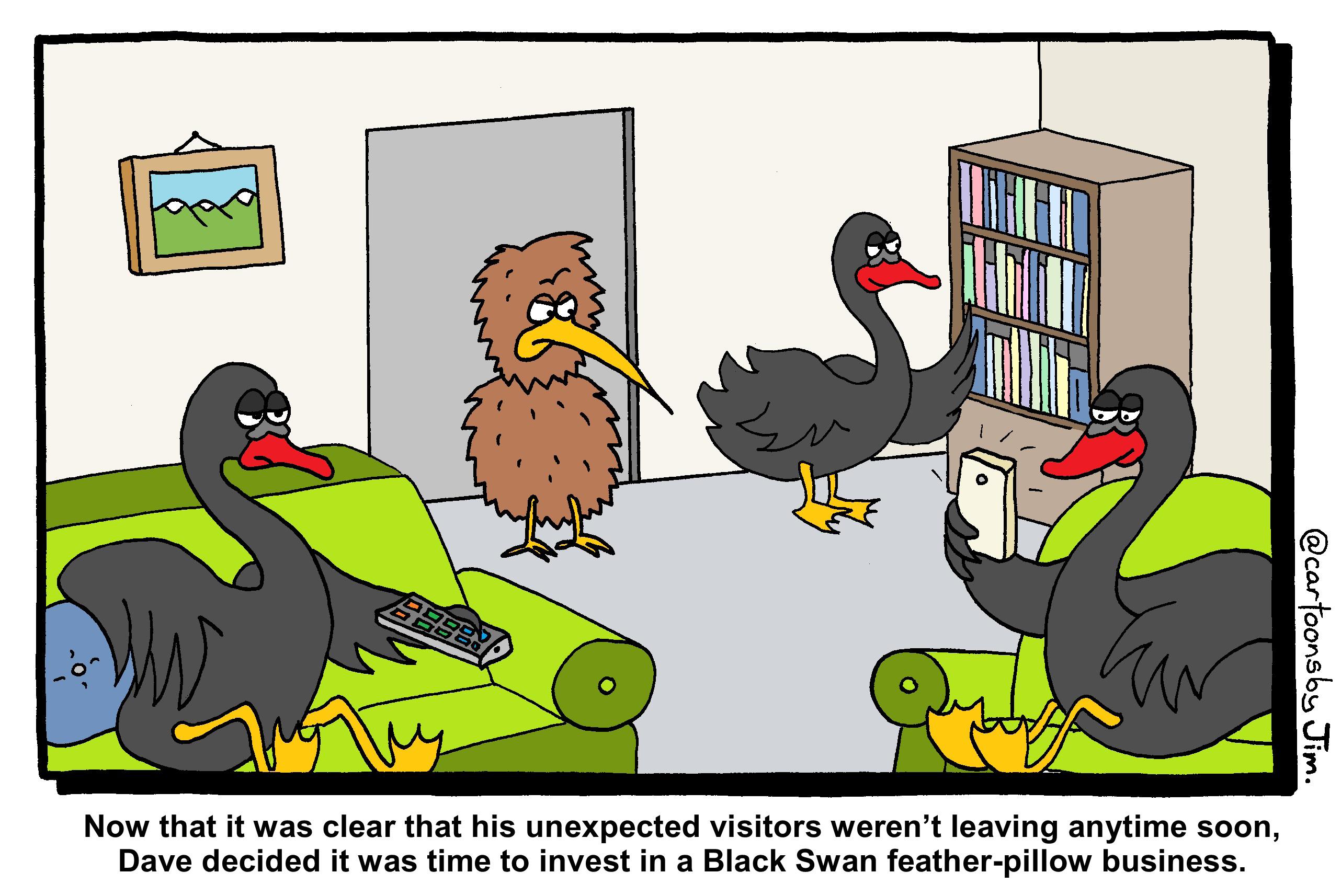
4 minute read
THE FUTURE OF INVESTING
from PMG ThinkBook
by PMG Funds
INVESTING
Investing, by its very definition, is all about trust in the future. So, who better to talk to about what the future holds for the next generation of investors than a futurist?
Advertisement
AN INTERVIEW WITH FUTURIST DAVE WILD
For more than a decade, renowned futurist Dave Wild has been helping people take stock of the future and plan for it, but he doesn’t own a crystal ball or boast any special prophetic gifts. Dave’s secret for understanding the future is simple: we understand the future by looking at the past. Particularly the very recent past that’s all around us. Sound familiar?
“The point I always try to make is that the future isn’t actually in ‘The Future’. The future is actually all around us. It’s here, happening right now. It’s just that we don’t see it,” Dave Wild says.
“People think the world moves very quickly today, and technology is making change happen faster – but in truth, the future typically arrives very slowly. The reason it feels fast is because we are creatures of habit, and because of that we remain blind to significant changes that are happening all around
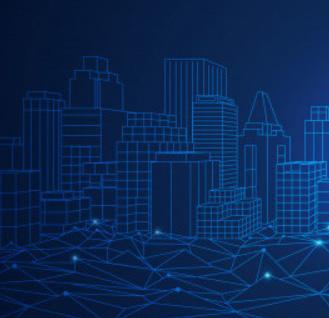
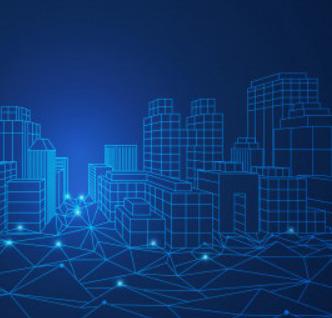
us. When something comes along that challenges those habits, it hits a tipping point in our minds, frequently causing angst, stress, and a sense of disruption.” However, even faster than ‘fast-moving’ technological shifts are other external forces – such as the biological and economic impacts of the 2020 pandemic. There is no doubt that the combination of these events are having a significant impact on the investment world today, further amplifying this underlying sense of disruption. And it’s raising new questions, especially for anyone wondering what the future holds for the next generation of investors.
What will the world be like when today’s younger generation reaches retirement? Will home ownership still be a thing? Will KiwiSaver even exist anymore?
In facing such questions, Dave wants people to realise that “while everything seems to change, one thing that doesn’t change is our deep human need for trust.
“Disruption, as a word, gets overused. It suggests everything we know now will be smashed and chaos will result. But change is all about shifting from one pattern to another; and if you’re clinging to the old way of doing things you will feel that change more sharply,” he says.
“Think about how communication technology has evolved. Send someone a stone tablet or a carrier pigeon today and they’ll think you’re living in the past, but these were once considered modern technologies. Meanwhile, we’re still busy sending emails, which, as a technology platform is now as old as the lava lamp. Even looking at the very recent past when society at large was forced to rapidly shift to video-calling at scale – those platforms had already been available for almost a decade.
“In the present day, it shouldn’t seem unusual to manage an investment portfolio via an app or a conversational interface like Alexa or Siri – as those technologies are already well-established, even if our habits for making full use of them aren’t. What will persist through every new evolution will be the need for trust – however, it’s critical to keep in mind the way each generation measures trust is very different.”
When thinking about how investing will evolve in future, Dave says it’s helpful to look at other industries as comparators. Uber is the classic example of disrupting expectations around transacting travel. What if this same principle was applied to property ownership, and money?
“The shifting expectations of the next generation around investing in property or stocks will be reflective of the changes we’ve seen with transportation. Transactions will need to become increasingly frictionless, flexible and instant,” he says.
“This means it will be important for the investment entities to establish trust quickly – be it KiwiSaver, property funds managers or whoever. It will depend on creating new ways of connecting with the timeless human desires for trust and permanence, which transcends generations.”
Dave believes that the investment sector is at such a point of evolution right now, where the user experience is becoming increasingly compelling for those entering the market. He estimates that investment companies have no more than a decade to adapt their habits, products and services, or risk being overlooked by the next generation of investors.

“One of the most important modern dynamics to understand is that humanity is at the beginning of the Fourth Industrial Revolution, where biological, physical and digital forces are colliding. Investment models are still developing, and technology continues to push the limits, so future-focused strategies are paramount," Dave says.
Dave has a word for planning for this unknown future. It’s called being ‘Futuready’.
“Being Futuready means having a mind flex for a world you’ve not yet lived in. You may not fully comprehend the particular challenges you’ll face in achieving your goals, but it’s critical to progress forward. That way you’ll be positioned to build an enduring foundation of trust that can bridge your past, present and future,” he says.
Sounds a lot like good investment advice.
“Remember, planning isn’t about the plan. It’s about what your plan represents; a view of your future and the people in it. So yes, everything has changed, but nothing has changed. Trust in the support of others can build a stronger foundation, for investing in the present to create a greater future.”

